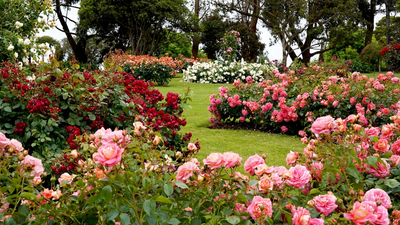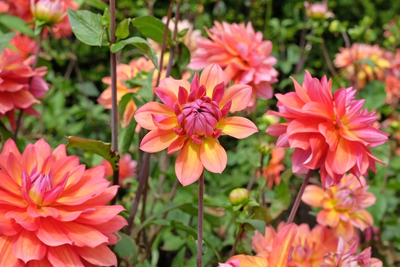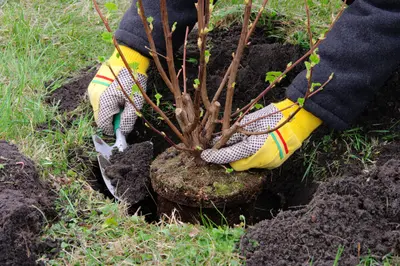
We know money doesn’t really grow on trees, but you can still have your own money tree in your home, enriching you with the beauty of nature. The money tree (Pachira aquatica) is native to swamps and riverbanks in Central and South America, where it can grow to a height of 18m (60ft). Grown as an indoor plant, it doesn’t reach these lofty heights, though it can eventually reach 1.8m (6ft). We offer beautiful houseplants to cheer up your interior in our garden centre. The money tree is one of our favourites at the moment. Find out all ins-and-outs about this remarkable houseplant.
Money trees and luck
Money trees are often associated with luck and prosperity, although this seems to date back just to the 1980s when money trees started to be bred commerce. However, there’s plenty of symbolism associated with the braided stems said to ‘trap fortune within their folds’ and the five-fingered leaves representing the five elements in Chinese philosophy, earth, wood, fire, water and metal.
Caring for a money plant
Money trees are easy to care for. They do best in bright but indirect light, and can grow under fluorescent lights, so make good office plants. Avoid placing them in draughts or near radiators. The ideal place for a money tree is a bathroom with natural indirect light, where your plant can benefit from the humidity in the atmosphere.
-
Money trees need regular, thorough watering. Although they are native to swamps, letting them sit in constantly wet soil is likely to lead to root rot.
-
Plant your money tree in free-draining compost in a pot with good drainage holes.
-
Water once every 1-2 weeks, allowing the compost to dry out between waterings.
-
When watering, allow the water to drain through the compost into a drip tray, then empty the drip tray so that the plant’s roots are not sitting in water.
In spring and summer, feed once a month with a liquid plant food diluted to half-strength. Stop feeding in winter.
Money trees like a humid atmosphere, so mist your plant regularly. To raise the humidity level around the plant, place it on a drip tray filled with pebbles and partly cover the pebbles with water. The pebbles keep the plant’s roots clear of the water, which gradually evaporates, increasing its humidity.
Coming from a tropical environment, the money tree prefers a warm temperature, around 18-23°C (65-75°F), but it will cope with cooler temperatures down to around 15°C (55°F)
Problems with money trees
Money trees are generally trouble-free, but here are a few signs to watch out for:
-
Mealybugs and aphids: the best way to combat these is to wipe off any pests as soon as you see them, to avoid infestations building up.
-
Dropping leaves: the most common cause is overwatering, so check how damp the compost is and adjust your watering regime accordingly. Insufficient light can also cause leaves to turn yellow and drop.
-
Browning leaf tips: this is usually caused by underwatering.
We have a fantastic range of indoor plants in our centre, so visit us to find the perfect plant for your home.




